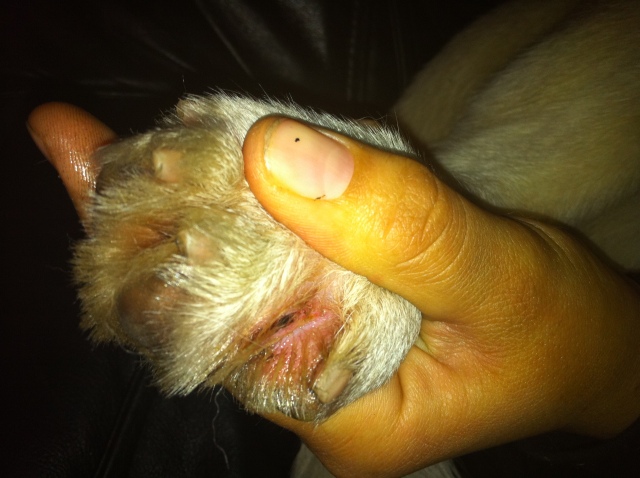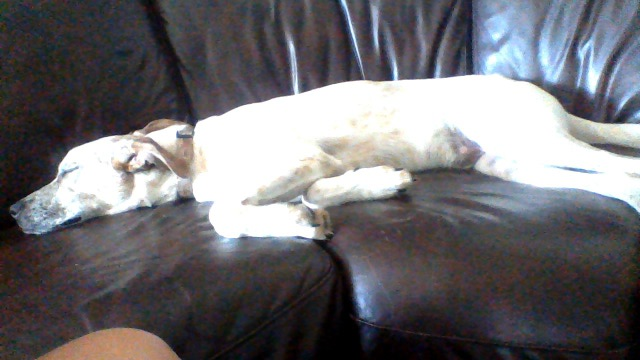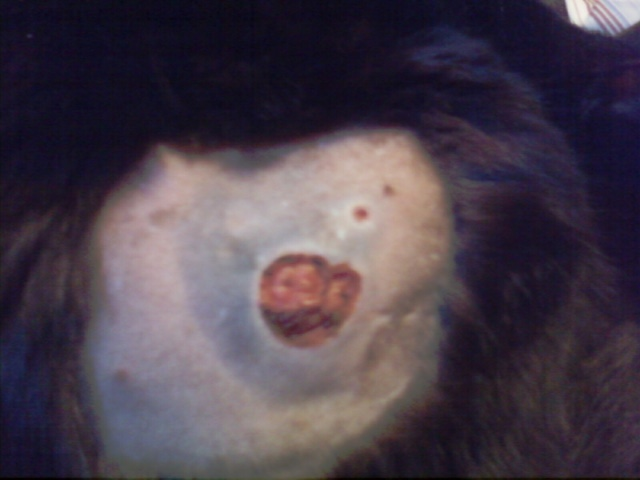QuestionMs. Fry,
Do you like what you do and what made you decide to become a veterinarian? im doin a report for what i want to do after i get out of highschool and this would help me make up my mind better. thanks.
AnswerYes, I do enjoy what I do and I have wanted to be a veterinarian since I was a kid. After high school you must attend college for 3-4 yrs and then apply to vet school which is another 4 yrs.
Making a Career Decision
The first step toward a veterinary career is deciding that veterinary medicine is the right path for you. Some come to that decision at a young age, the first time they take a family pet to a veterinarian or a veterinarian visits their family farm. Some decide to become a veterinarian after reading about the achievements of prominent veterinarians. For others, the decision comes later in life, sometimes as a second career.
Although it's never too late to make the choice, it's never too early to begin to prepare for this challenging career. To help you make a career decision, you should know what a veterinarian does and what personal attributes a good veterinarian needs.
--------------------------------------------------------------------------------
What Personal Abilities Does a Veterinarian Need?
Individuals who are interested in veterinary medicine should have an inquiring mind and keen powers of observation. Aptitude and interest in the biological sciences are important.
Veterinarians need a life long interest in scientific learning as well as a like and understanding of animals. Veterinarians should be able to meet, talk, and work well with a variety of people.
Veterinarians may have to euthanatize (humanely kill) an animal that is very sick or severely injured and cannot get well. When an animal dies, the veterinarian must deal with the owner's grief and loss.
--------------------------------------------------------------------------------
What are the Pluses and Minuses of a Veterinary Career?
The pluses and minuses of a veterinary career vary. They depend on the stage of a veterinarian's career, the type of practice, and the veterinarian's likes and dislikes. The primary reward for all veterinarians is the personal satisfaction in knowing that they are improving the quality of life for animals and people.
Veterinarians who are employed by government agencies, laboratories, colleges, and commercial firms often have responsibility for large health programs and may manage large numbers of people.
Most veterinarians work in private clinical practice, which has its own set of advantages and disadvantages. Veterinarians in private clinical practice gain satisfaction from helping owners keep their animals well and from treating sick and injured animals.
Veterinarians in private practice serve a variety of animals. This is especially true in companion animal practice because of the increased popularity of pet birds, small mammals (e.g., hamsters, gerbils), and fish. Today, a veterinarian may be treating llamas, catfish, or ostriches as well as cats, dogs, horses, cows, hogs, sheep, and goats.
Veterinarians usually treat companion and food animals in hospitals and clinics. Those in large animal practice also work out of well-equipped trucks or cars, and may drive considerable distances to farms and ranches. They may work outdoors in all kinds of weather. The chief risk for veterinarians is injury by animals; however, modern tranquilizers and technology have made it much easier for veterinarians to work on all types of animals.
Most veterinarians work 50 or more hours a week; however, about a fifth work 40 hours a week. Although those in private practice may work nights and weekends, the increased number of emergency clinics has reduced the amount of time private practitioners must be on call. Large animal practitioners tend to work more irregular hours than do those in small animal practice, industry, or government. Veterinarians who are just starting a practice tend to work longer hours.
Private clinical practitioners who own their own practices determine the nature of their practice and set their working hours. Because they are self-employed, most private clinical practitioners choose to work beyond normal retirement age.

 toe web injury
Question
foxy toe
I noticed a cut on the web of one of
toe web injury
Question
foxy toe
I noticed a cut on the web of one of
 Our GSD puppy died Why
Questionbefor 1 days from suff
QUESTION: i just
Our GSD puppy died Why
Questionbefor 1 days from suff
QUESTION: i just
 dog breathing heavily through nose
Question
Camo Camo
Hello, I have a male Am
dog breathing heavily through nose
Question
Camo Camo
Hello, I have a male Am
 downed pasterns
Question
bent pasterns
hi...i have a 7 month old german
downed pasterns
Question
bent pasterns
hi...i have a 7 month old german
 Blue Skin Around Abscess
Question
Kittys Wound
A few weeks ago we noticed
Blue Skin Around Abscess
Question
Kittys Wound
A few weeks ago we noticed